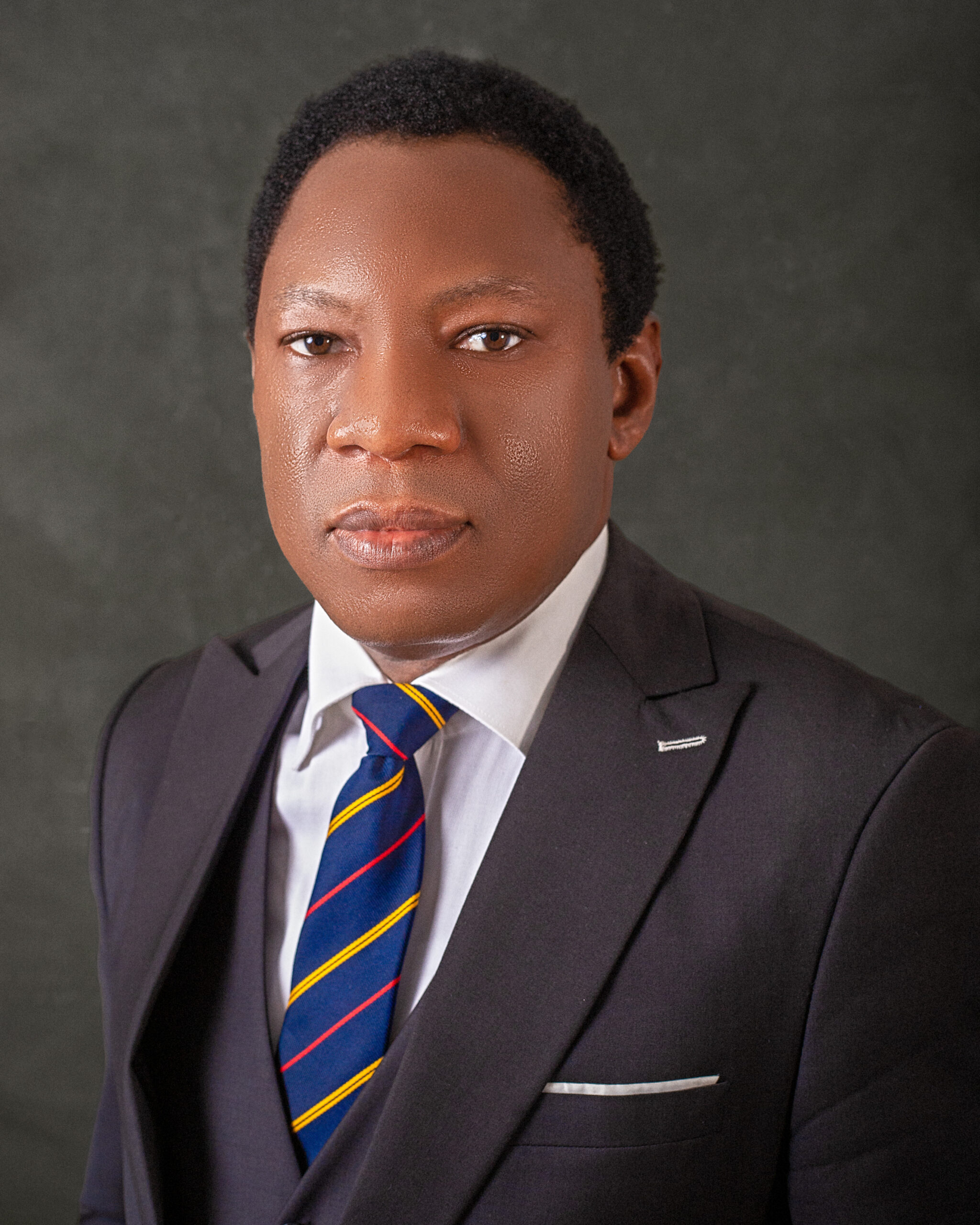Introduction
The National Industrial Court (Civil Procedure) Rules 2017 (“NICN Rules”) have elaborate provisions relating to proof of international best practices and international labour standards in matters pending before the court. Specifically, the Rules require a party who wishes to rely on any international best practice or international labour standard to plead and prove its existence. However, what one finds in practice is that the application of this procedural requirement to cases pending before the National Industrial Court of Nigeria (“NICN”) is marred by conflicting decisions giving rise to uncertainty. This article examines the provisions of the NICN Rules on proof of international best practices and international labour standards, highlights the relevant and conflicting decisions of the NICN in this area, provides comments on the cases and recommends the way forward.
Overview of the Requirements to Plead and Prove International Best Practices before the NICN
The application of international labour standards or international best practices by the NICN was first introduced in 2006 by the National Industrial Court Act (“NICA”) which was enacted that year. The NICA in its section 7(6) provides that the NICN ‘shall in exercising its jurisdiction or any of the powers conferred upon it by this Act or any other enactment or law, have due regard to good or international best practice in labour or industrial relations’. The section did not stop there but equally provides that ‘what amounts to good or international best practice in labour or industrial relations shall be a question of fact’. By this provision of the Act, what constitutes international best practice in labour relations is a question of fact, which implies that a person seeking to rely on international best practice is required to plead and prove that fact.
The idea of applying international best practices or international labour standards by the NICN made its way into the Constitution of the Federal Republic of Nigeria (the Constitution) in 2010. The alteration of the Constitution in 2010 re-established the NICN as a superior of record with jurisdiction to hear matters relating to ‘unfair labour practice or international best practices in labour, employment and industrial relations matters’. The NICN was equally empowered to deal with matters relating to, connected with or pertaining to the application or interpretation of international labour standards’. However, the Constitution, unlike the Act, does not say that international best practice is a question of fact. The Constitution merely provides that the NICN’s jurisdiction extends to matters relating to or connected with international best practices or international labour standards.
In 2017, the extant NICN Rules which govern the practice and procedure of the NICN came into force. Order 14A rule 1(1) of the Rules deals with proof of international conventions, treaties and protocols which ostensibly embody international labour standards. On the other hand, Order 14A rule 1 (2) of the Rules deals with proof of international best practices. It enshrines that ‘[i]n any claim relating to or connected with any matter, the party relying on the International Best Practice, shall plead and prove the existence of the same in line with the provisions relating to proof of custom in the extant Evidence Act’. The NICN Rules, like the NICA, provide that international best practice is a question of fact which must be pleaded and proved in the same manner as proof of custom under the Evidence Act.
It is worth noting that under the Evidence Act, a custom may be judicially noticed or proved by evidence. A court may take judicial notice of a custom ‘when it has been adjudicated upon once by a superior court of record’. Conversely, a custom may be proved as a fact by the opinion of a person who would likely know of its existence. In other words, a person who wants the NICN to apply any international best practice has the burden to prove that such international best practice has been adjudicated upon by any superior court of record in Nigeria or call a witness (an expert) who knows of the existence of the international best practice in question. In the same way, a person who desires the NICN to apply any international labour standard found in treaties, conventions and protocols is required to plead the relevant name, date and nomenclature of such treaty, protocol or convention and state whether such treaty, convention or protocol has been ratified by Nigeria.
Divergent Pronouncements of the NICN on pleading and proving International Best Practices and International Labour Standards
As already noted, the NICN has in place a procedural requirement that international best practices must be pleaded and proved. However, recent decisions coming from the court on the application of this requirement indicate that the judges of the court are not on the same page.
In Julius Ola-Peters v Nigeria LNG Limited (“Ola-Peters”), the claimant sought to rely on the Termination of Employment Convention 1982, which prohibits the termination of employment without giving a reason. The court rejected this, insisting that international labour standards must be pleaded and proved before the claimant could rely on them. In accepting the defendant’s argument that the claimant did not satisfy the procedural requirement of pleading and proving the Termination of Employment Convention to be able to rely on its provisions, the court (per Hamman J), held thus:
The claimant is required to plead the particular International Labour Standard (ILS) he intends to rely on in the suit and give particulars of same with respect to the ratification of the ILS be it protocol, convention or treaty. To merely aver that the termination of employment is against international labour standard without stating the very ILS in question does not in any way meet the legal requirement. I so hold
I must add that, while I appreciate the very enthralling arguments of the learned counsel to the Claimant […] in urging the court to apply the provisions of the Termination of Employment Convention, 1982 (no. 158) to this case, it is however unfortunate that I am not persuaded to take that path for the simple reason that the address of learned counsel cannot take the place of pleadings and evidence. Having not pleaded the said Termination of Employment Convention, 1982 (No. 158) and prove same, he cannot do that at the address stage.
Two months after the decision above, in Elizabeth v AE-Funai & 2 Ors, the NICN took a different position. In that case, the court reasoned that that section 7(6) of the NICA from where the court derived the idea and practice of pleading and proving international best practices as questions of fact negates section 254C (1) (f) of the Nigerian Constitution which did not make international best practices (and by extension international labour standards) questions of fact. As a result, the court rejected the defendants’ position that the claimant needed to plead international best practices and unfair labour practices before relying on them to establish his case. In fact, the court went ahead to nullify section 7 (6) of the NIC Act which makes international best practice a question of fact for being inconsistent with section 254C (1) (f) of the Constitution and declared that issues arising from international best practices and unfair labour practices are questions of law to be applied by the judges of the NICN who are ‘presumed to know…what amounts to unfair labour practice and international best practice’.
Yet, two months after the above decision, in Daniel Daudu Makolo v Nigeria Immigration Service & Ors the Court returned to its earlier position in Ola-Peters and relied on section 7 (6) of the NIC Act which had been nullified in Elizabeth v AE-Funai & 2 Ors. In that case, the claimant claimed that he was entitled to some level of care and support from the defendant in line with international best practices when poor in health. In addressing this relief, the Court highlighted the provisions of section 7(6) of the NIC Act and Order 14A rule 1(2) of the NICN Rules and concluded as follows:
Claimant has not placed any evidence or facts before this Court in prove of his claim in relation to international best practice. There is nothing to evince the particulars or existence of the international best practice he is relying on. It is the law that what constitutes international best practice as stated supra must be proven by adducing evidence and facts. I find such evidence absent in this case, consequently, the claimant’s claim 4 is liable to fail and thus fails.
In 2023, in Mohammed Audu v Media Trust Limited the NICN maintained the above position by stating that ‘[t]he Claimant in this case did not plead any fact relating to his right under any ILO Convention or any international best practice in his statement of facts’. Notably, in reaching the foregoing conclusion, the court referenced section 7(6) of the NICA, Order 14A rules 1(1) & (2) and its decision in Ola-Peters.
Curiously, in 2024, in Paul Udeh v Cadbury Nigeria Plc the NICN reverted to the position in Elizabeth v AE-Funai & 2 Ors. In that case, the court observed that the international best practice sought to be relied on by the claimant was not pleaded as required by Order 14A rule 1(2) of the NICN Rules. The court, however, took the position that the jurisdiction of the NICN has been expanded by section 254C(1) (f) & (h) of the Constitution to include causes and matters relating to or connected with unfair labour practice or international best practices in labour, employment and industrial relations matters; and to the application or interpretation of international labour standards. The NICN then concluded that: ‘in so far as Order 14A of the Rules has the force of law, it cannot override the provisions of the 1999 Constitution. There is no requirement of pleading or proof of ratification in Section 254C[1][f] and [h] of the 1999 Constitution.’
The Court also went on to hold that the claimant “can rely on the Termination of Employment Convention without pleading it and proving its ratification”. This decision was maintained by the NICN in January 2025 in its decision in Miss Opulence Ojierenem v Smackers Limited [The Restaurant].
As the NICN prides itself as a court that stands firmly on its previous decisions, one would have thought that this sort of inconsistency would not exist. But this is not the case. Rather, what appears clear from the decisions reviewed above is that the issue of pleading and proving international best practices or international labour standards before the NICN is far from settled. If there is any takeaway, the judicial attitude suggests that there is a gradual shift towards dispensing with the requirement of Order 14A rules 1(1) & (2) of NICN Rules.
Before a commentary on this subject may be considered exhaustive, the position of the Court of Appeal, the apex court in labour matters in Nigeria, deserves to be highlighted. In Oak Pensions Ltd & Ors v Olayinka, the Court of Appeal stated that:.. as provided for in section 7(6) of the NICA, the issue of good or international best practice in labour and industrial relations is a question of fact to be pleaded and proved satisfactorily by a Claimant before the trial Court could judiciously have regard to it in the determination of the case presented by him.
The above decision of the Court of Appeal was issued in 2017. This was before the NICN nullified the provisions of section 7(6) of the NICA in 2021 in Elizabeth v AE-Funai & 2 Ors. The continued relevance of Oak Pensions Ltd & Ors v Olayinka is therefore doubtful since the premise of that decision (i.e. section 7(6) of the NICA) has been nullified. This is particularly so as the Court of Appeal in Sahara Energy Resources Ltd v Oyebola considered the issue of international best practice as a question of law. In that case, the NICN applied international best practice and awarded two years’ salary as damages for the unjust determination of the respondent’s employment, even though this was not pleaded and proved. On appeal, the respondent argued that the NICN raised the issue of international best practice suo motu. The Court of Appeal dismissed the argument and held that the NICN was simply “applying the law”. According to the Court of Appeal, the NICN’s references to the NICA and the Constitution in arriving at the award of damages were “not raising an issue suo motu but applying the law in justification of its award of general damages”. The Court further made the point that the NICN is best placed to determine and apply international best practice.
Concluding Thoughts
This article explored the NICN’s procedural requirement of pleading and proving international conventions, protocols and treaties (which mainly enshrine international labour standards) and international best practices before they can be relied upon by the parties involved in employment litigation before that court. Through an analysis of its recent decisions, the article showed that the NICN still has work to do in this area of its practice and procedure. In particular, the article established that whereas the rules governing the NICN’s procedure on this issue are clear on paper, the judicial attitude shows that the court is fundamentally conflicted.
Owing to the apparent uncertainty in this area of law and practice, it is recommended that parties seeking to rely on international best practices and international labour standards in support of their claims should always plead them, at least, as a precautionary measure. It is, however, expected that in resolving future disputes, the NICN will maintain the position in Elizabeth v AE-Funai & 2 Ors and Paul Udeh v Cadbury Nigeria Plc as that is more in consonance with its disposition to uphold and apply international best practices and labour standards.
Note: This article does not constitute a legal advice. For proper legal advice or inquiries on the issues raised in this article or other general enquiries relating labour and employment law in Nigeria, please contact Aret & Bret LLP at [email protected]. You can also reach out to the authors:
DAFE UGBETA
Partner, Aret & BRET LLP
ISDORE OZUO
Managing Partner, Aret & BRET LLP





